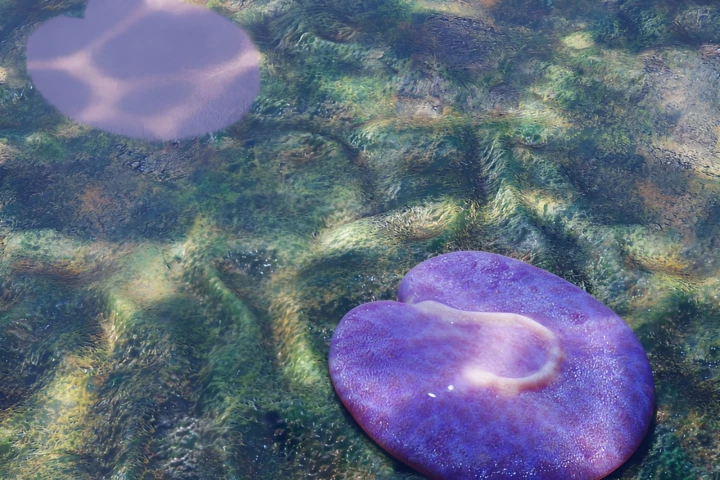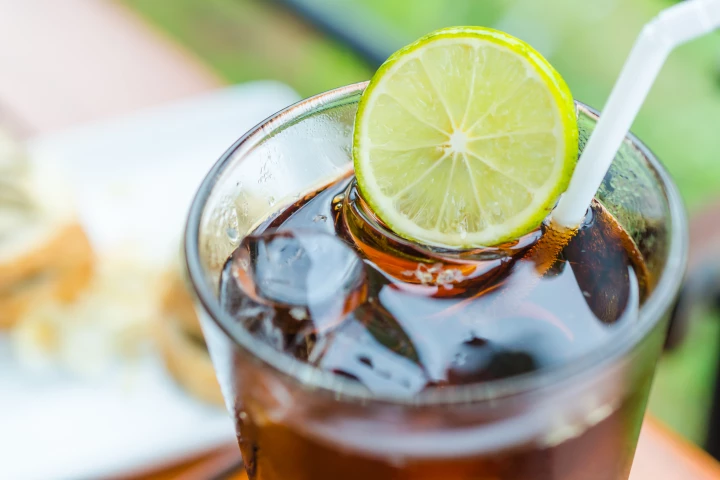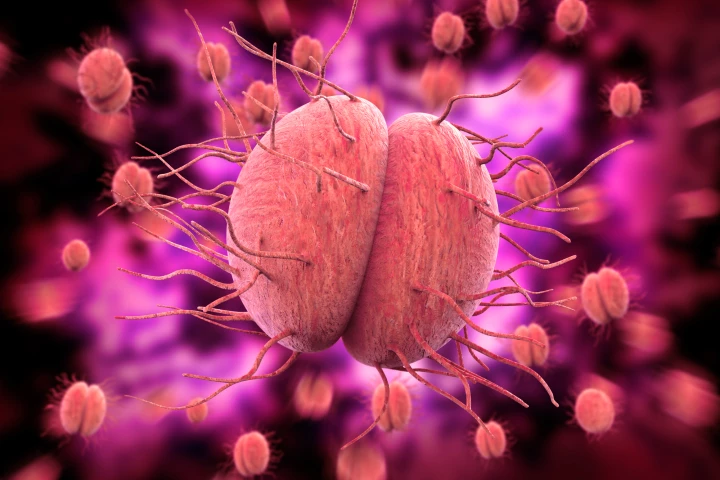Florida State University
-
A surprise discovery in the Australian outback has delivered exciting insight into the origins of complex animal life. The animal fossil, dating back half a billion years, shows when bilateral symmetry emerged – a hallmark of most life on Earth now.
-
Two months on from it being declared safe by the FDA, aspartame is again making headlines for the wrong reasons, this time for its potential negative impact on learning and memory. In a mice study, these cognitive impairments were passed on to young.
-
A team of scientists in Florida have come up with a new design for a magnetic levitation-based low-gravity simulator that promises a huge increase in volume over existing simulators, with major benefits for space, medical and biology research.
-
The Greenland Ice Sheet is associated with a range of environmental issues, but now researchers have discovered a surprising new problem. Glacial meltwater was found to be unexpectedly high in mercury, which could end up in ecosystems and seafood.
-
Antibiotic-resistant bacteria are an urgent public health threat. A new single-dose drug has been developed that works on a different mechanism to most antibiotics, and tests in mice show that it can be used to treat multi-drug-resistant gonorrhea.
-
One drawback of current perovskite solar technology is the instability of the cells, a problem which scientists have taken a step toward addressing with a new design that incorporates an old organic pigment to keep things in working order.
-
A team of scientists at Florida State University's High-Performance Materials Institute is using advanced nanomaterials to produce lightweight heat shields that can stand up to the impact of hypersonic speeds.
-
Nothing captures the imagination like the Tyrannosaurus Rex, even though it wasn't the biggest predator. A new study shows that its terrifying jaws delivered one of the strongest bites of any land animal, an ability that T-rex probably used to pulverize and eat the bones of its unlucky prey.
-
Florida State University Professor Michael Delp has identified a link between deep space radiation exposure, and a high rate of mortality due to vascular deterioration in astronauts who flew beyond low-Earth orbit (LEO) during the Apollo program.
-
IN an effort to learn more about a potential future, researchers are looking to the past. By studying a major warming event 94 million years ago, researchers have found that it brought about changes in the ocean chemistry that were incompatible with vital nutrients needed to support life.
-
Florida State University (FSU) professor Jayne Standley has developed the Pacifier Activated Lullaby (PAL) device to help teach premature babies how to feed through musical reinforcement.










